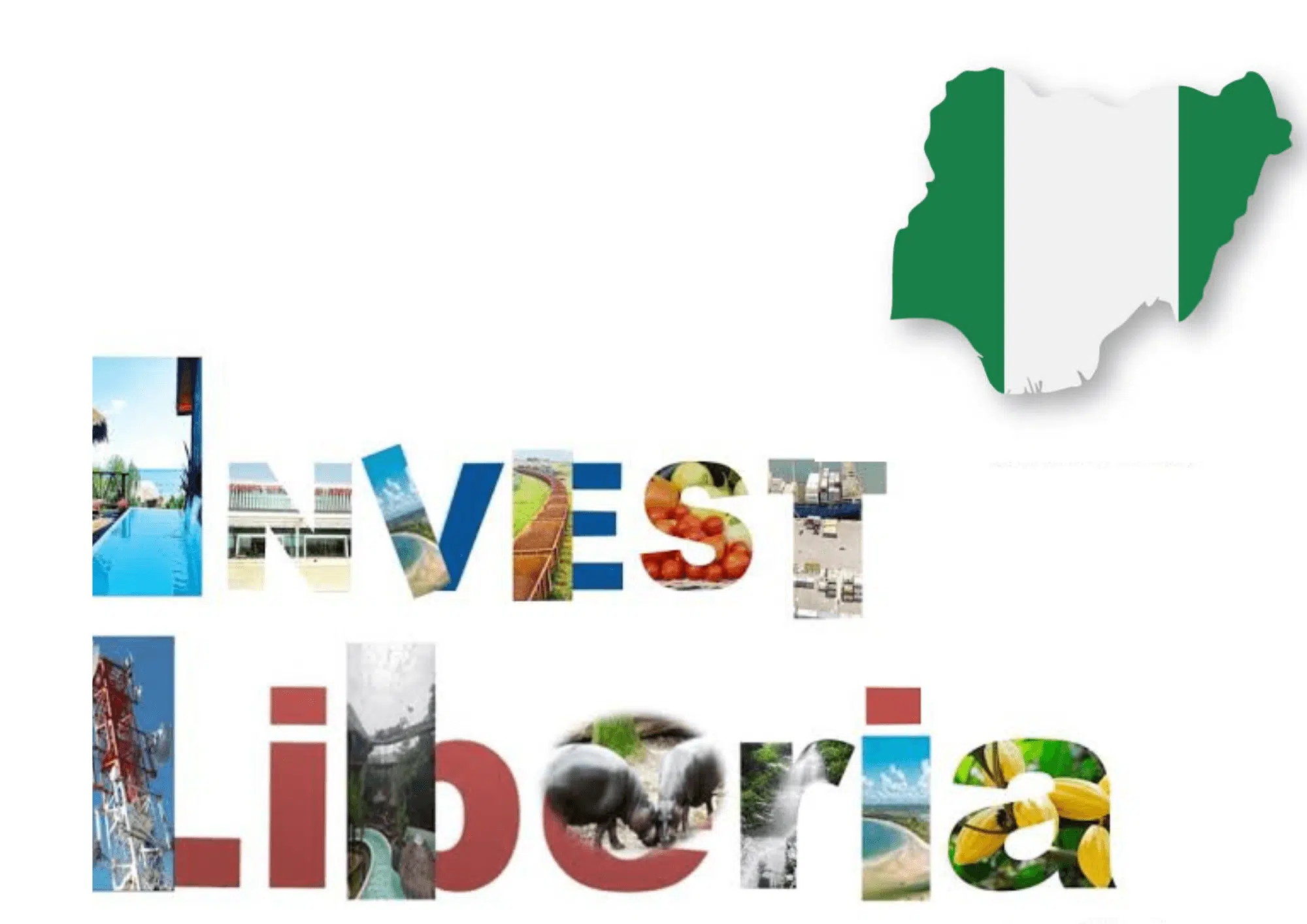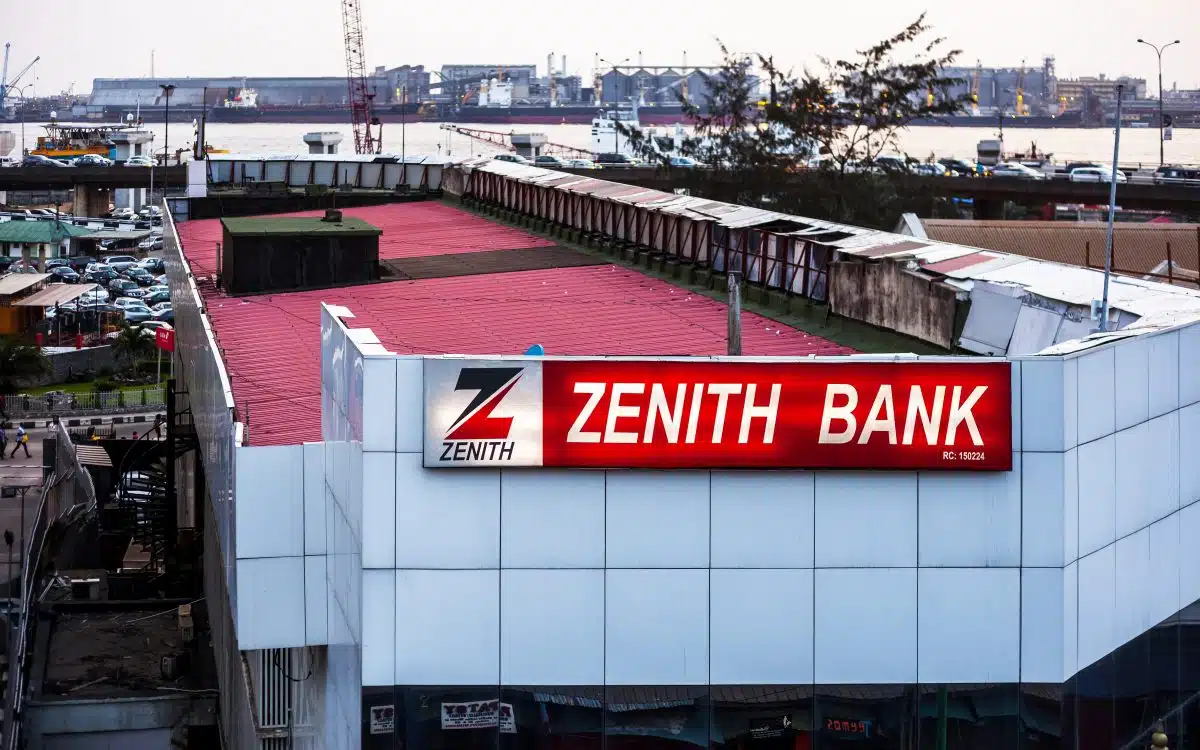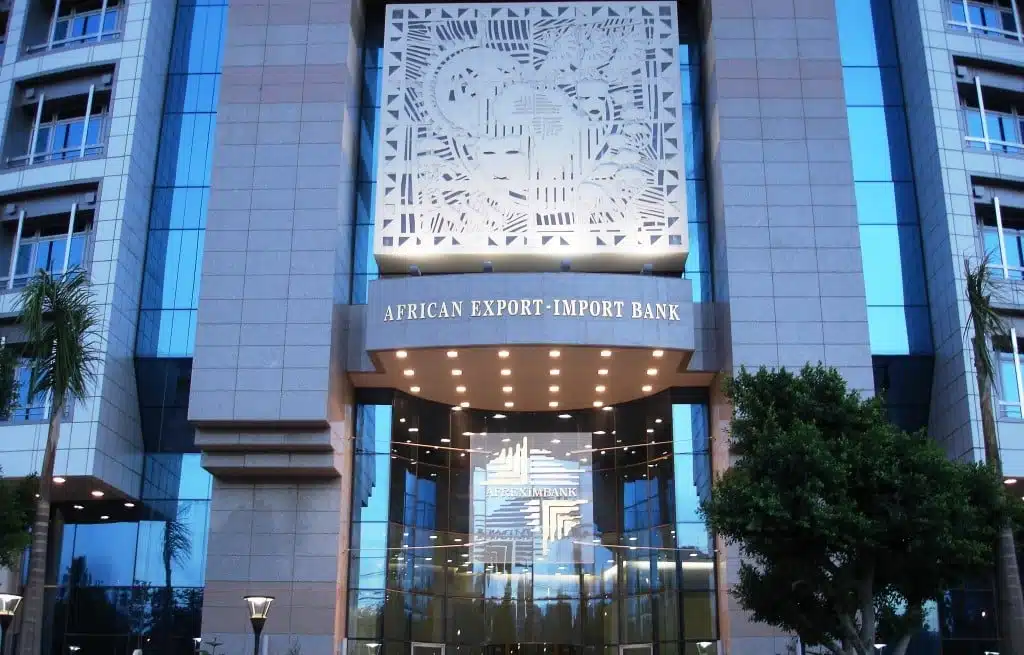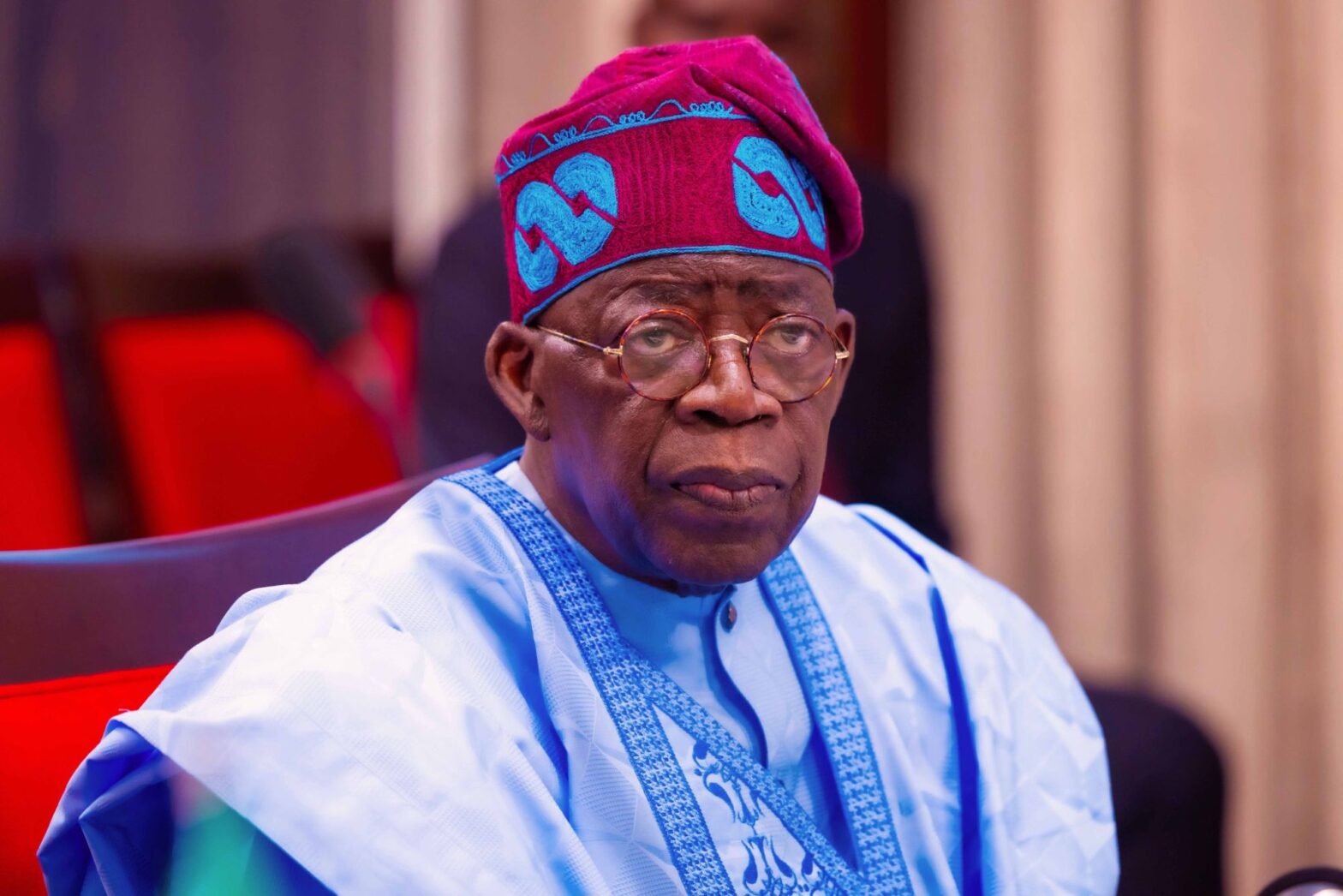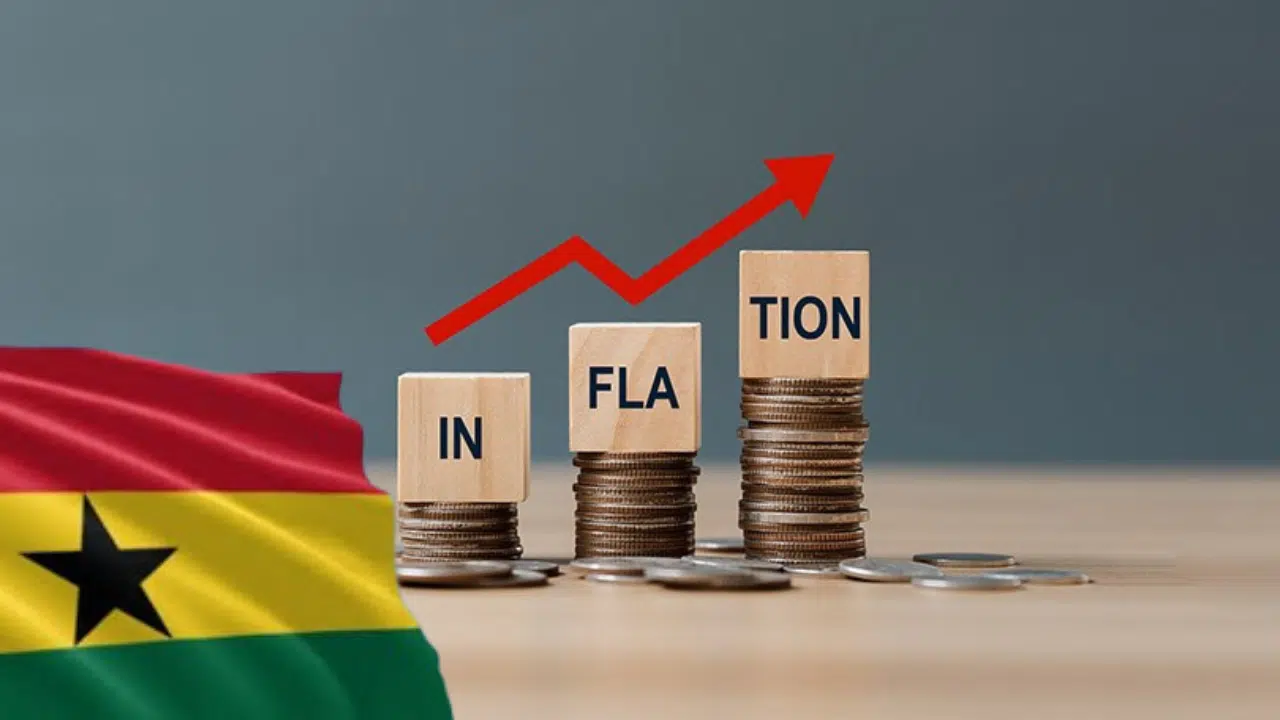In case you missed it, Liberia has rolled out the red carpet for Nigerian investors. The government wants businesses from Nigeria to come in and help grow their economy. Recently, Jeff Blibo, the chairman of the National Investment Commission (NIC) in Liberia, spoke at an event in Lagos about the exciting opportunities in sectors like agriculture, mining, real estate, and tourism.
One of the biggest attractions for Nigerian investors is Liberia’s special currency system. The country uses both the Liberian dollar and US dollars, making it a safe and stable place to do business. This helps protect businesses from losing money because of exchange rate problems.
But the real big deal is the tax breaks. Liberia is offering 100% profit repatriation, meaning businesses can take all the money they earn and send it back to Nigeria without any limits. This makes it a great place for Nigerian business owners to expand without worrying about losing their earnings. Plus, there are tax exemptions in key sectors like agriculture and tourism, which means investors don’t have to pay as much tax, leaving them with more money to grow their businesses.
Agriculture is a big part of Liberia’s economy, making up 35.8% of its GDP in 2023. With over 75% of Liberians depending on farming, the government is improving roads, land policies, and markets to help farmers. Nigerian businesses can invest, create jobs, and grow in this billion-dollar industry.
Another exciting area is tourism. Liberia has beautiful landscapes and a rich culture, making it perfect for businesses that want to tap into Africa’s growing tourism market. By investing in tourism, Nigerian entrepreneurs could help turn Liberia into a top travel destination while also earning good profits.
To make things even better, Liberia’s government is offering a “one-stop shop” for investors. This means everything you need to start a business in Liberia, from permits to tax support, will be in one place. They’re making it easier to do business and reducing the stress for new investors.
At the event in Lagos, Liberia’s team assured Nigerian business leaders that the country is safe for investment and ready to support them. They want Nigerian investors to see Liberia as a place to make money, create jobs, and help both countries grow together.
However, Nigerian investors may face certain challenges in Liberia. The country’s poor infrastructure, including bad roads and unstable electricity, can make business operations difficult. Political instability and corruption can also make investing harder, as dealing with government officials often requires bribes.
Additionally, the small population means fewer customers for businesses to grow, and dealing with local rules and processes might be slow or costly.

